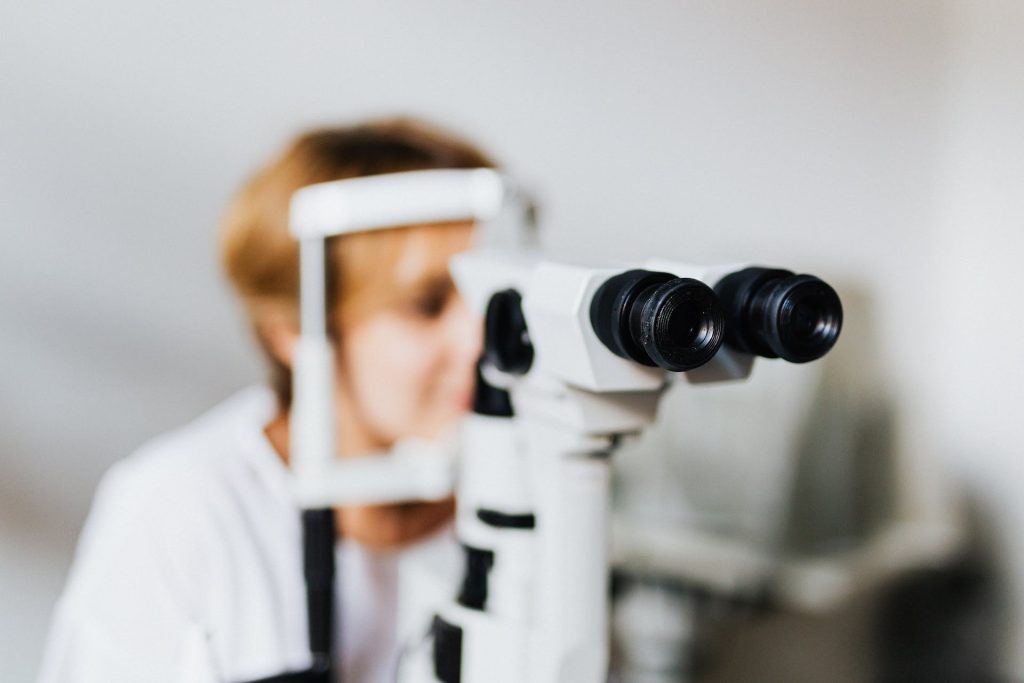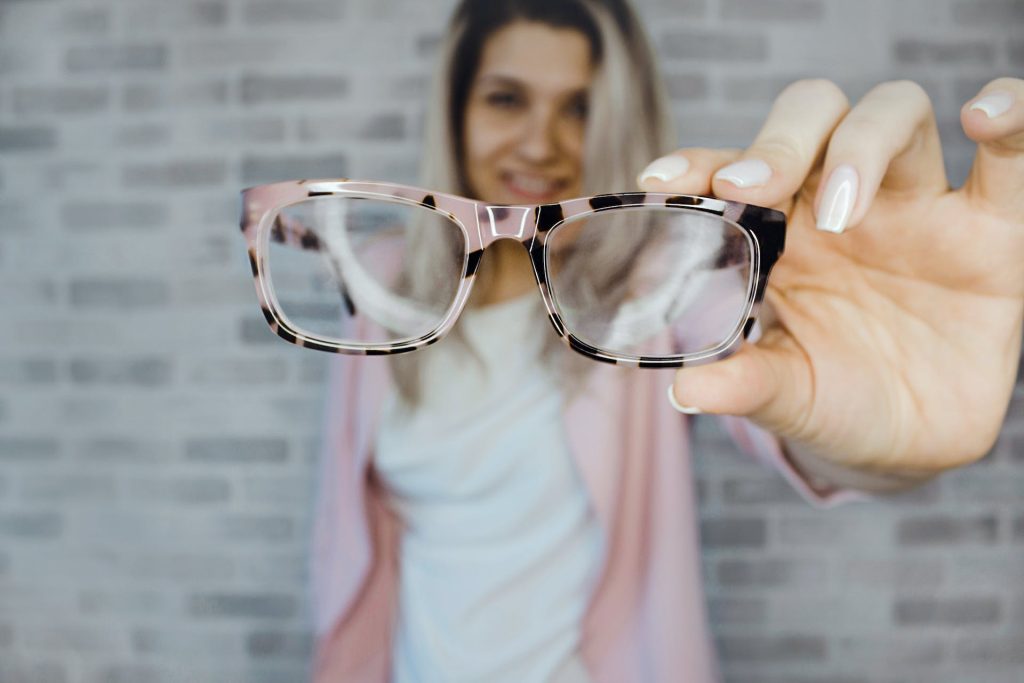We frequently ignore eye health’s critical role in our general well-being. In addition to helping us see the world around us, our eyes are windows into our bodily well-being, displaying symptoms of diabetes, hypertension, and an increased risk of heart disease or stroke. Though they play a vital role in our lives, eyes can develop various problems, the most common and serious of which is vision loss. These visual issues have the potential to deteriorate over time and, in severe situations, result in total blindness if ignored or untreated.
Understanding Vision Loss
Contents
An individual experiencing vision loss may suffer from partial or complete blindness. Vision loss can manifest in various ways, including blurred or distorted sight, areas of blindness, difficulties in nighttime vision, and challenges in perceiving colour.

Regardless of the speed of these symptoms’ onset — be it gradual or sudden — immediate medical evaluation is crucial. This is because any manifestation of vision loss could potentially imply underlying ocular diseases or conditions. If such issues are left unchecked, they could progressively deteriorate vision and potentially lead to total blindness.
The Role of Lifestyle in Eye Health
There are quite a few factors that can contribute to vision loss. It can stem from congenital anomalies, accidents, certain diseases, or simply ageing. However, amid these various causes, one salient factor that significantly affects vision is our lifestyle. This is primarily because how we lead our day-to-day lives has a direct bearing on our health in general and our eye health in particular. So, one of the most effective ways to stop vision from getting worse is by making positive lifestyle adjustments and maintaining good ocular health.
The Importance of a Healthy Lifestyle
There’s plenty of opportunity for contemplation when it comes to lifestyle choices. A decision that you can make to help protect the health of your eyes is to pay close attention to the foods you eat. Giving your body a well-balanced diet rich in fruits, vegetables, and foods fortified with omega-3 fatty acids may serve as a barrier, delaying or even preventing the emergence of symptoms connected to eyesight problems.

More steps to improve the health of your eyes include making sure that the lighting is suitable and minimising extended screen time. Complementing your overall eye health, regular physical activity also maintains optimal circulation, which supports healthy blood flow to the eyes.
Beware of Eye Strain
Eye strain, resulting from overexposure to computer or smartphone screens, is a common issue faced particularly by the younger generation. It’s essential to take regular breaks from staring at screens, preferably every 20 minutes, to prevent this strain. Smoking is another lifestyle habit that can deeply affect your eye health, leading to cataracts, optic nerve damage, and macular degeneration, all of which can cause blindness.
The Crucial Role of Regular Check-ups
It is imperative to get regular check-ups in order to maintain the health of your eyes. It is essential to have your eyes examined at least every two years, even if you lead a healthy lifestyle and do not have any visual issues. Consistent ocular examinations can help identify possible problems early on, guarantee that your prescription is current if necessary, and basically maintain the best possible health for your eyes.

Managing Existing Eye Conditions
Being aware of your family’s eye health history is another essential aspect of eye care. This is because several eye diseases and conditions run in families. From glaucoma to age-related macular degeneration, being acquainted with what you might be at risk of can help you take early precautionary measures. Management of these conditions doesn’t necessarily have to be complicated.
For diabetics, for example, management of blood sugar levels, blood pressure, and cholesterol can significantly lessen the risks of developing significant vision loss from diabetic retinopathy. Similarly, for those susceptible to hypertensive retinopathy, keeping your blood pressure within safe limits can prevent damage to your retina.
Advanced Prevention Tips
There are even preventive measures that can extend beyond traditional medications and therapies. This can involve protecting your eyes with sunglasses that filter at least 99% of UVA and UVB rays, wearing protective eyewear while doing tasks that might involve flying debris or chemical splashes, and taking certain eye supplements (under proper guidance), among others.

Maintaining good eye health isn’t merely about sticking to a one-time regime or going for regular eye check-ups; it requires integrating specific habits and practices into your everyday life. Prioritizing your eye health might seem challenging, but with the right mindset and the correct practices, it’s a feat that is easily achievable. So, don’t put off taking care of your eyes any longer—remember, a clear vision leads to a clear mind and lifestyle.

